Humans news stories
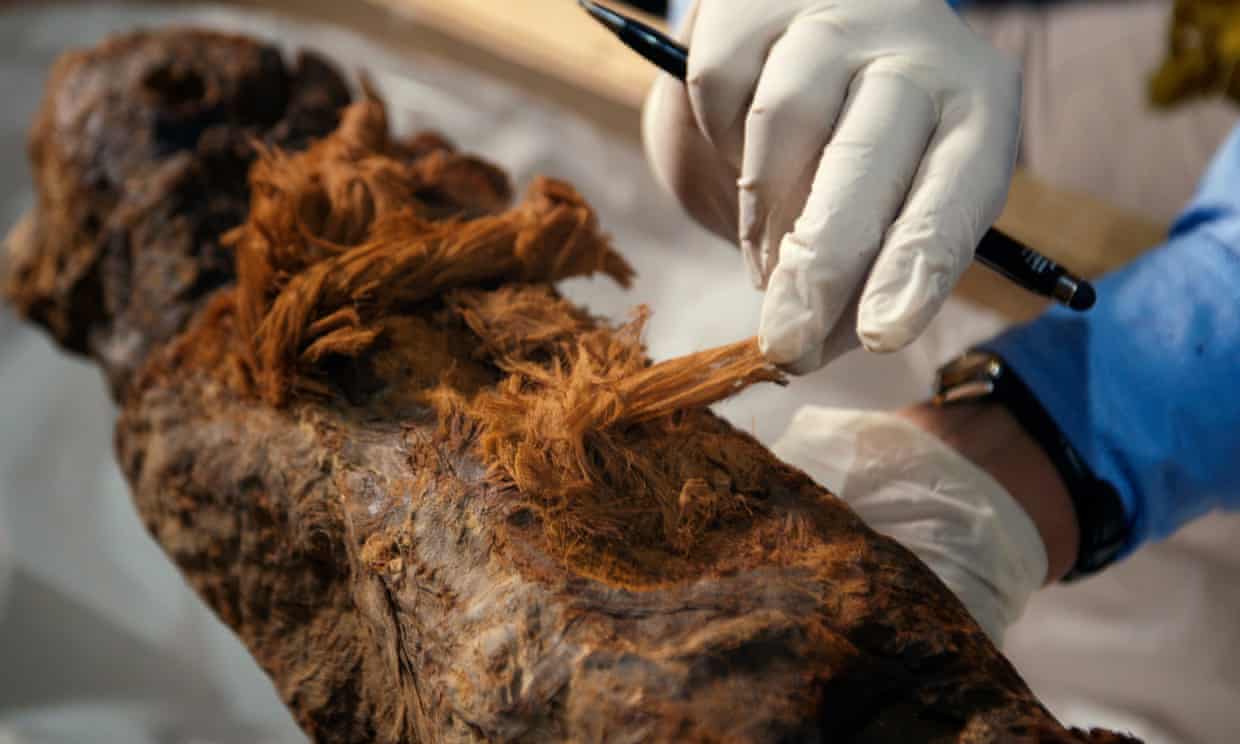
The ancient Egyptians were carrying out sophisticated mummifications of their dead 1,000 years earlier than previously thought, according to new evidence which could lead to a rewriting of the history books.
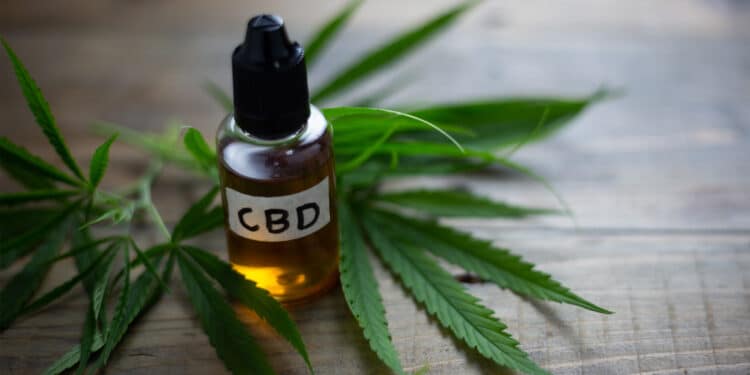
A longitudinal study published in Frontiers in Psychiatry investigated the effects of medicinal cannabis among clinically depressed and/or anxious patients.

Some of the oldest evidence for modern humans living in rainforests has been found in a cave in Southeast Asia. Researchers analysed fossilised teeth discovered in Laos, revealing that these humans ate fruits and meat as part of an omnivorous diet.
/cloudfront-us-east-2.images.arcpublishing.com/reuters/NDQOJMGZURMQXKWKXBND3FLL74.jpg)
Long before Columbus crossed the Atlantic, eight timber-framed buildings covered in sod stood on a terrace above a peat bog and stream at the northern tip of Canada’s island of Newfoundland, evidence that the Vikings had reached the New World first.
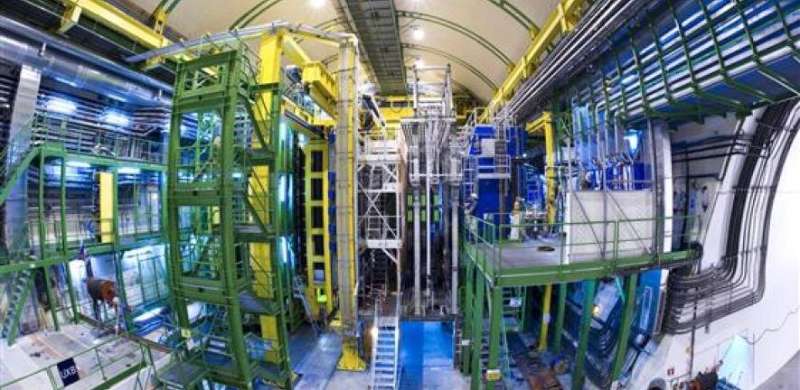
Results announced by the LHCb experiment at CERN have revealed further hints for phenomena that cannot be explained by our current theory of fundamental physics
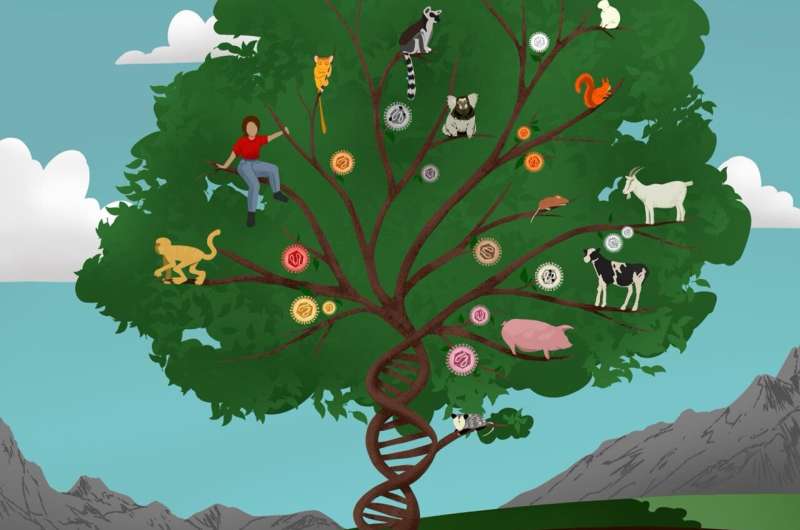
Nearly half of our DNA has been written off as junk, the discards of evolution…

Archaeological discoveries are shattering scholars’ long-held beliefs about how the earliest humans organised their societies – and hint at possibilities for our own.
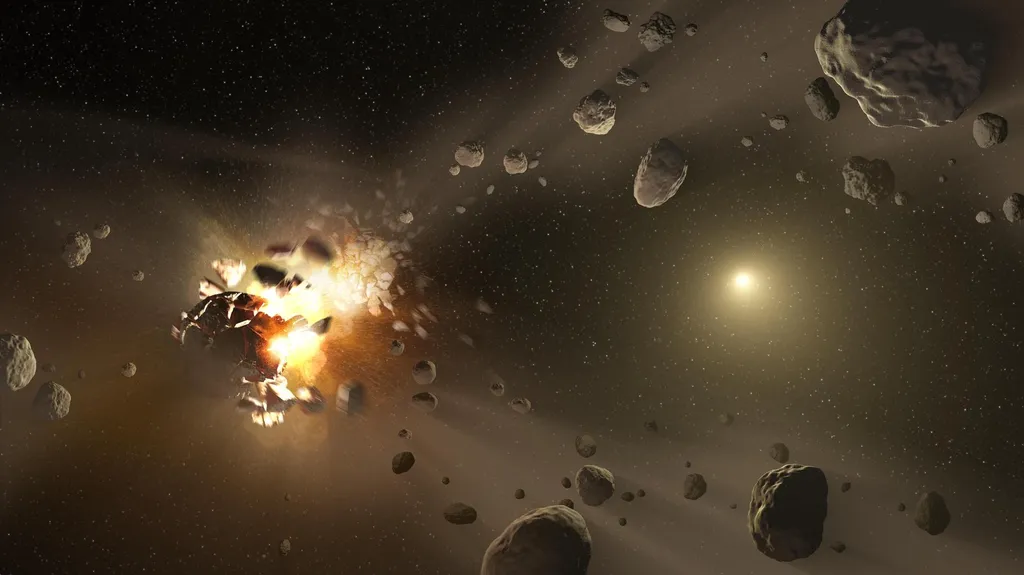
A group of researchers wants to save Earth from a potential asteroid apocalypse using a new planetary defense method they call PI — short for “Pulverize It.”
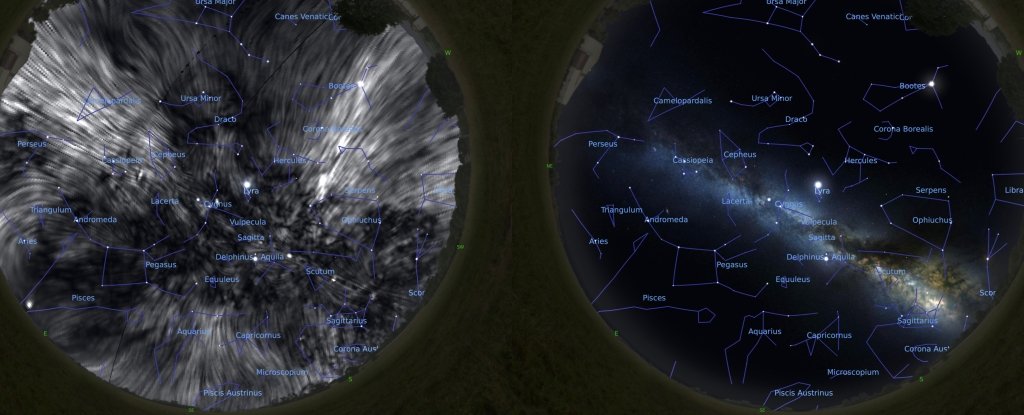
Mysterious structures in the sky that have puzzled astronomers for decades might finally have an explanation – and it’s quite something.
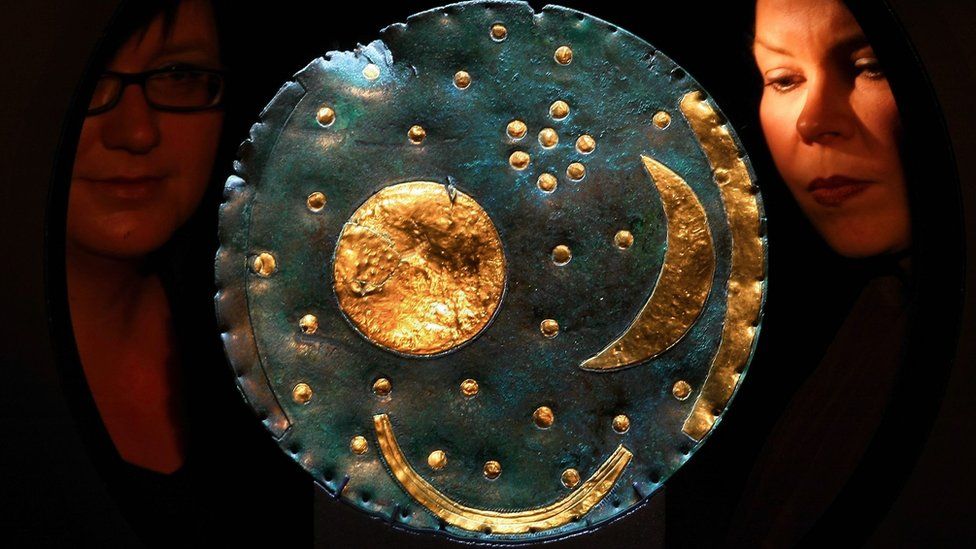
An ancient object thought to be the world’s oldest map of the stars is to go on display at the British Museum.

A comprehensive study of the Taurid meteor stream released last week confirms a central understanding of astronomer Dr. Bill Napier and the Comet Research Group, which was incorporated into the YDI hypothesis from the start in 2007
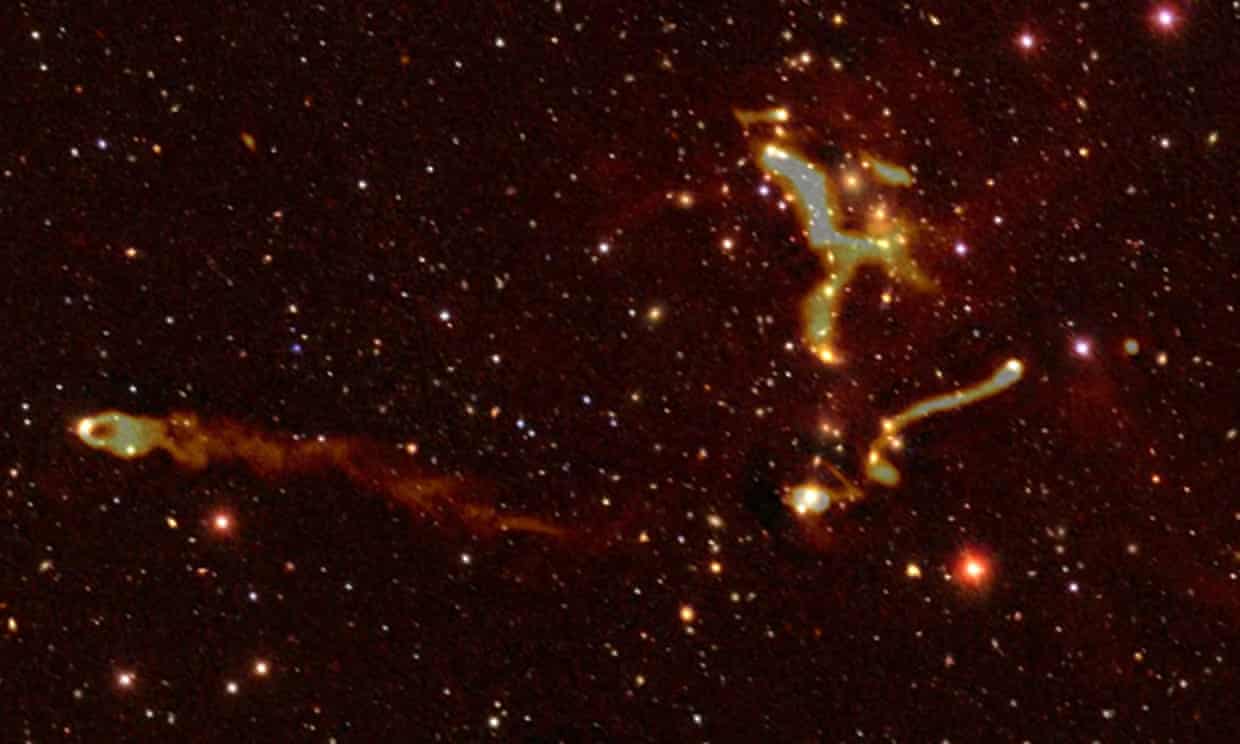
New techniques for spotting previously hidden planets could reveal whether there is life out there – or not.
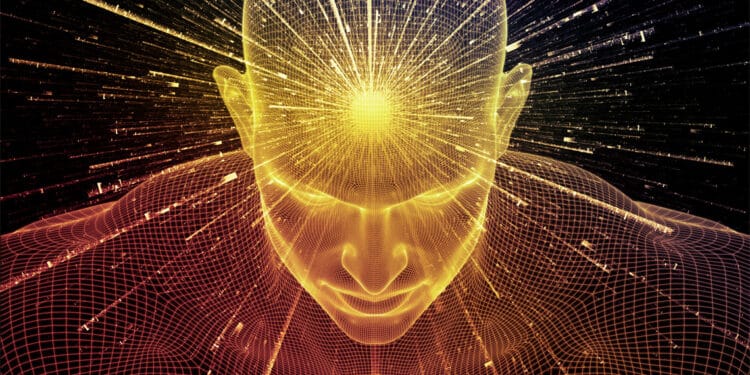
People who have tried a psychedelic drug at least once in their lifetime have lower odds of heart disease and diabetes, according to new research published in Scientific Reports.
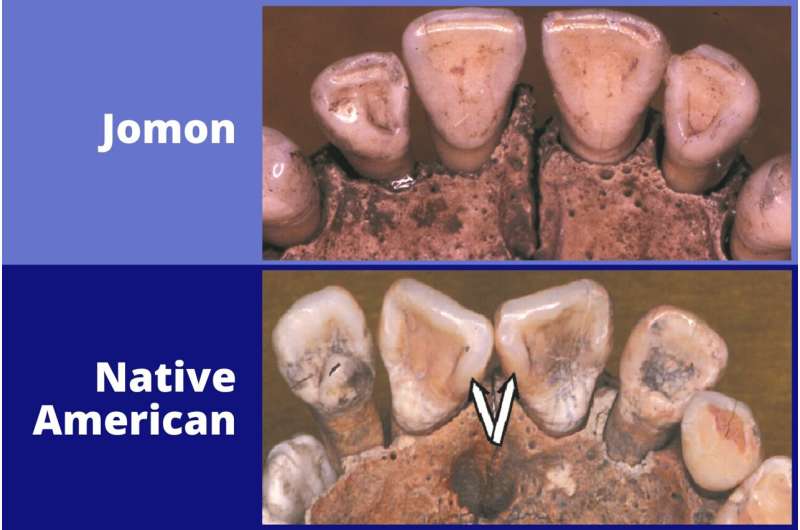
A widely accepted theory of Native American origins coming from Japan has been attacked in a new scientific study, which shows that the genetics and skeletal biology “simply does not match-up”.
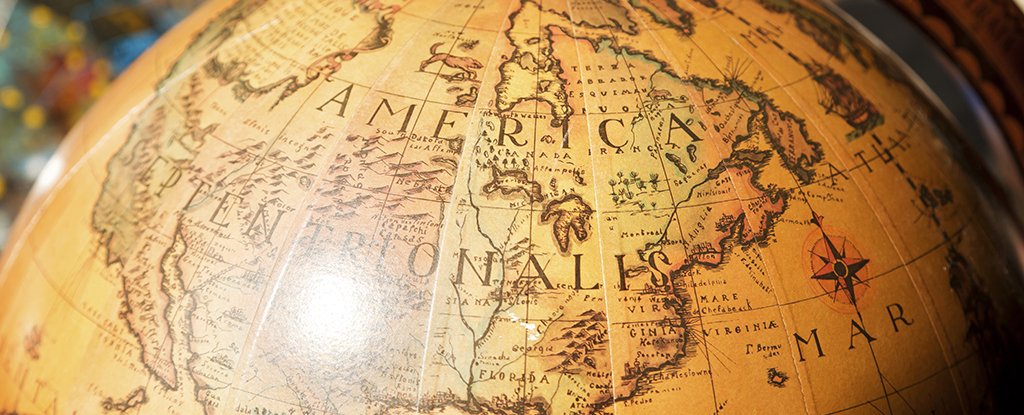
Exactly how and when people settled in North America is a topic of much fascination for experts, and now a new analysis of ancient documents is shedding light on some lesser known details of this long-contested timeline.
:format(webp)/cdn.vox-cdn.com/uploads/chorus_image/image/69979299/1175341721.0.jpg)
States are generally following the same model for marijuana legalization. They don’t have to.








